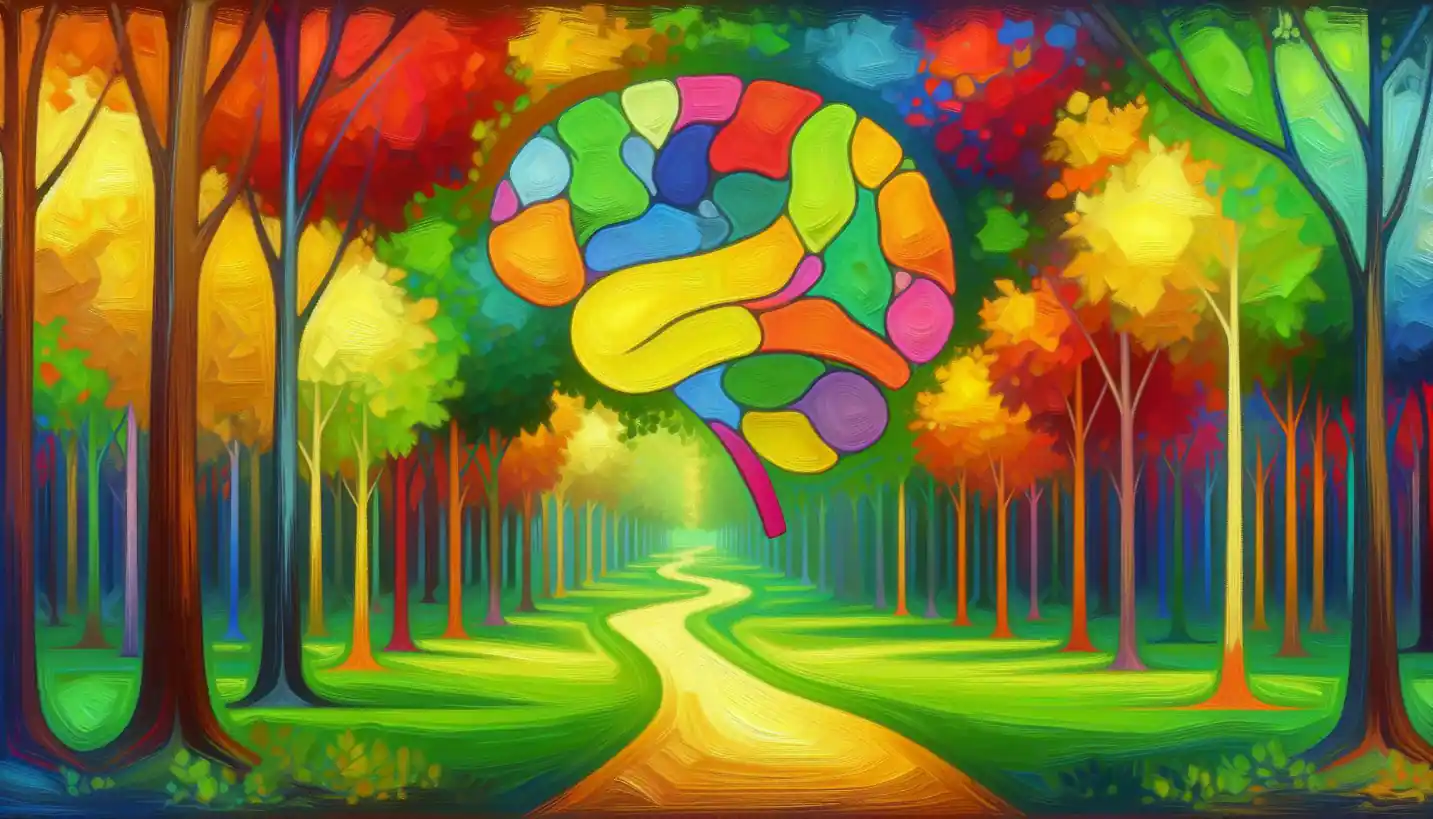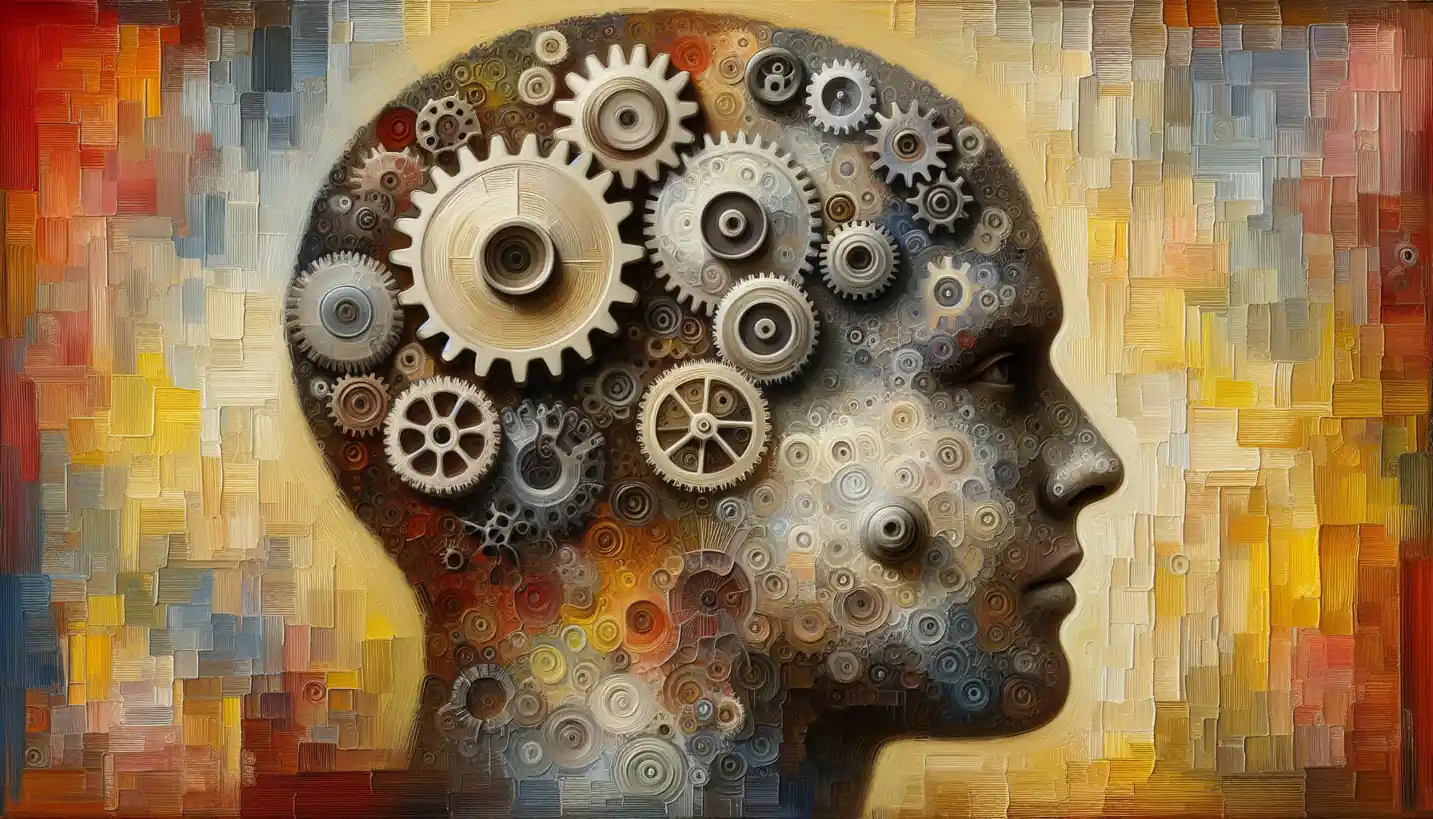· Psychology · 4 min read
Psychosomatic Symptoms: The Mind-Body Connection in Clinical Psychology
Our minds and bodies talk to each other more than we realize. Explore how psychosomatic symptoms bridge the gap in clinical psychology.

Sometimes, when exploring the depths of our minds and bodies, we encounter curious phenomena where emotions and thoughts intertwine with physical sensations. This fascinating intersection is where psychosomatic symptoms come into play. These are physical symptoms that arise from emotional or psychological factors, rather than a direct physiological cause. Understanding them can shed light on the powerful bond between our mind and body.
Psychosomatic symptoms can range from a stomach ache during stressful times to more chronic conditions like unexplained fatigue or persistent pain. It’s almost as if the body is translating emotional turmoil into a physical language, calling for attention and resolution.
The Science Behind Psychosomatic Symptoms
Our bodies and brains are in constant communication, engaging in an intricate dance of signals and responses. This connection is facilitated by the nervous and endocrine systems, which respond to stress, emotions, and mental states. Think of it as a highly sensitive radio receiver: even subtle shifts in mental “frequencies” can cause tangible “static” throughout our bodies.
When stress hormones like cortisol flood our system, they can affect everything from our immune response to our digestive processes. This is why someone facing constant stress might find themselves battling recurrent colds or a nervous stomach.
Real-Life Examples: How Emotions Manifest Physically
Consider the story of Jane, who was dealing with the pressure of a high-stakes job. She started experiencing severe migraines, though medical tests found no underlying cause. It turns out, her migraines were a manifestation of her body reacting to prolonged stress. Once she addressed her stress levels through therapy and lifestyle changes, her migraines significantly reduced.
On the other hand, Tom, who had been grieving the loss of a loved one, found himself constantly fatigued. This wasn’t just sadness weighing him down—his emotional pain had translated into physical exhaustion, emphasizing the profound impact grief can have on the body.
Why Psychosomatic Symptoms Matter
Recognizing psychosomatic symptoms is essential not only for providing effective treatment but also for understanding the profound connection between our mind and body. These symptoms are reminders that our emotional well-being is just as important as our physical health. Ignoring them can lead to misdiagnoses or unnecessary treatments, while acknowledging them can pave the way for more holistic and effective care.
The Role of Clinical Psychology
Clinical psychologists play a crucial role in unraveling the mind-body connection. By exploring a person’s emotional landscape, they can identify patterns and triggers that contribute to psychosomatic symptoms. Techniques like cognitive-behavioral therapy (CBT), mindfulness, and stress management strategies are often employed to help individuals manage their symptoms.
Imagine the mind and body on a seesaw—clinical psychologists help balance the scales, ensuring that emotional loads do not tip into physical distress.
How to Manage Psychosomatic Symptoms
For those experiencing psychosomatic symptoms, it’s vital to approach healing from both mental and physical perspectives. Here are some strategies that might help:
Awareness and Acknowledgment: The first step is recognizing that emotions can manifest physically. Accepting this link can lead to better management.
Stress Reduction: Techniques like meditation, yoga, and deep-breathing exercises can significantly reduce stress, thereby alleviating some symptoms.
Therapy: Working with a therapist can help uncover emotional triggers and develop coping mechanisms.
Healthy Lifestyle Choices: Regular exercise, a balanced diet, and adequate sleep support both mental and physical health.
Journaling: Writing about emotions and experiences can provide clarity and insight, helping to identify stressors and emotional patterns.
The Future of Understanding Psychosomatic Symptoms
As our understanding of psychosomatic symptoms deepens, researchers continue to explore the intricate pathways connecting our mental and physical states. Future research may unlock new therapies and interventions, providing even more precise methods for addressing these symptoms.
Could technology play a role in this? With the rise of wearable tech and apps designed to monitor emotional and physical states, individuals might soon have tools that offer real-time insights into their mind-body connection.
Reflecting on the Mind-Body Symbiosis
Psychosomatic symptoms are a poignant reminder of the intimate dance between mind and body. They prompt us to look beyond the purely physical and consider the emotional roots that might be at play. By fostering a holistic approach to health, both individuals and healthcare providers can ensure a more balanced, harmonious existence.
Isn’t it intriguing to ponder the stories our bodies tell us? The next time a headache strikes or fatigue sets in, it may be worth listening not just to the body, but to the whispers of the mind. This deep connection could hold the key to a richer, healthier life.
Ultimately, understanding psychosomatic symptoms opens a window into the dynamic world where psychology meets physiology, offering insights that can transform the way we view health and healing. exploring the ways emotional health directly impacts physical well-being, all wrapped in the mystery of our incredible minds and bodies working as one.
With curiosity and compassion, embracing this mind-body dialogue may lead us to a more profound understanding of ourselves and the interconnectedness of all aspects of our health.


